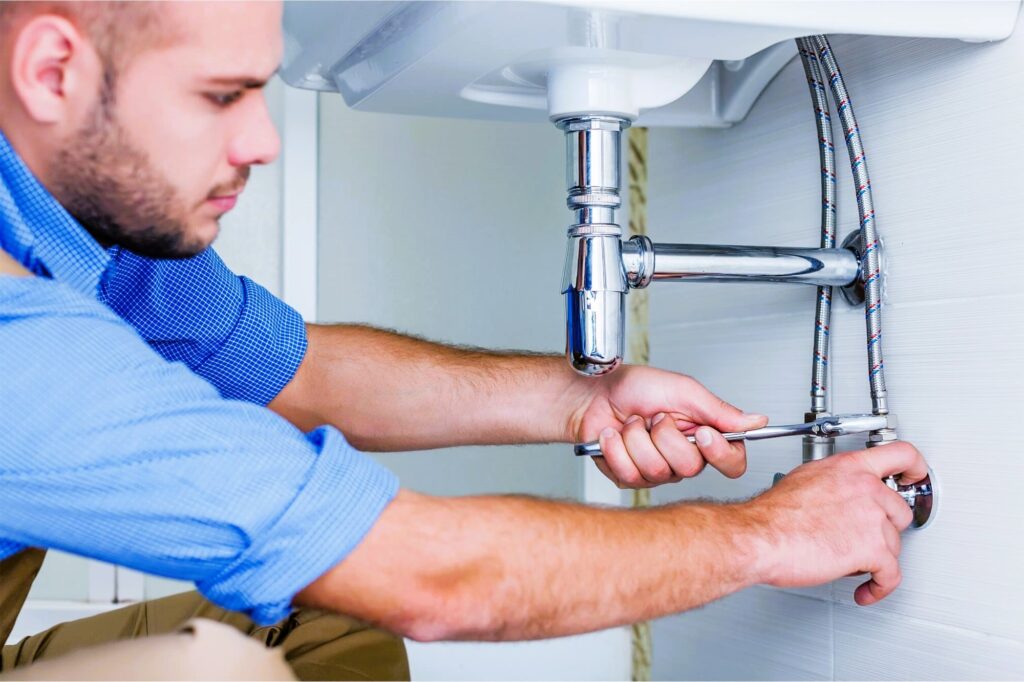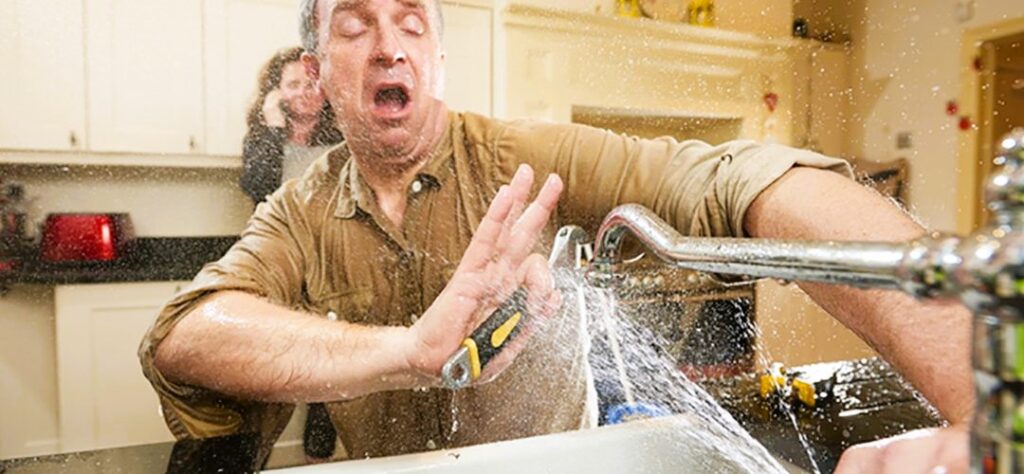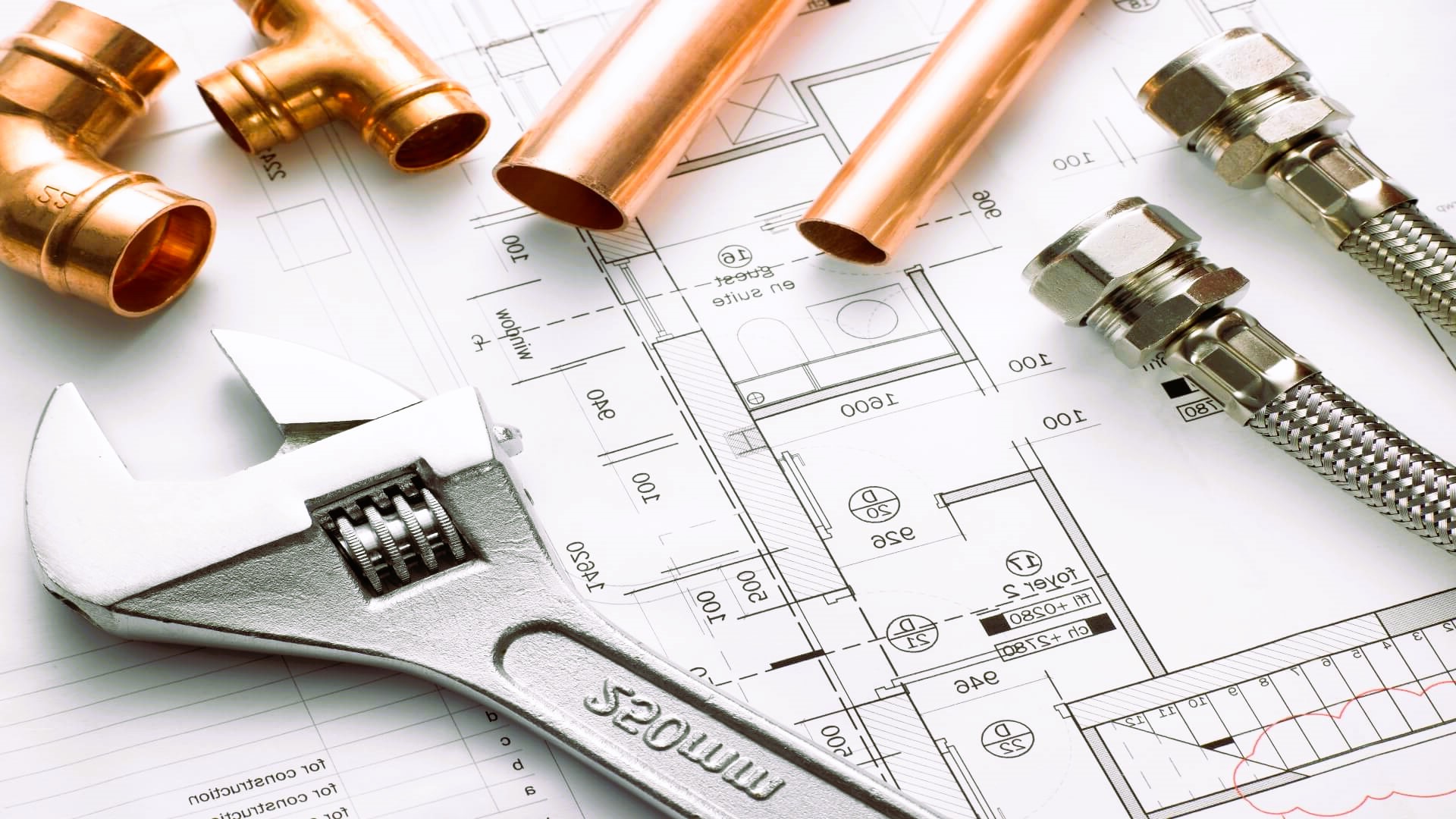DIY Plumbing: When to Call a Professional and When to Tackle It Yourself
The allure of do-it-yourself (DIY) projects is undeniable, and many homeowners find satisfaction in taking on various tasks around the house, including plumbing repairs. While DIY plumbing can be a cost-effective and empowering endeavor, it’s essential to know the boundaries and recognize when it’s time to call in a professional plumber. In this article, we’ll explore common DIY plumbing projects, discuss the skills required, and highlight situations where professional intervention is crucial.
1. DIY Plumbing Projects for the Homeowner
a. Unclogging Drains:
DIY Approach: Using a plunger or a drain snake can often effectively clear minor clogs in sinks, showers, or toilets. Chemical drain cleaners are also an option, but caution is advised due to potential damage to pipes.
b. Replacing Faucets and Fixtures:
DIY Approach: Swapping out old faucets or updating bathroom fixtures is a manageable DIY task. With the right tools, careful instructions, and attention to detail, homeowners can enhance the aesthetics of their spaces.
c. Installing a New Toilet:
DIY Approach: Installing a new toilet is within the skill set of many DIY enthusiasts. Follow manufacturer instructions, ensure a secure seal, and make sure to address any flange or wax ring issues during installation.
d. Fixing Leaky Pipes:
DIY Approach: Small leaks in pipes or joints can often be repaired by tightening connections or applying pipe tape. However, significant leaks or those involving main water lines may require professional expertise.
2. Skills Required for DIY Plumbing

a. Basic Tools:
DIY plumbing projects necessitate having a set of basic tools, including wrenches, pliers, pipe cutters, and a pipe wrench. Investing in quality tools is essential for both safety and the successful completion of tasks. Creating a Beautiful View: Tips for Landscaping Around Windows.
b. Understanding Plumbing Systems:
Homeowners should have a fundamental understanding of the plumbing systems in their homes. Knowing where shut-off valves are located, understanding the layout of pipes, and recognizing the components of fixtures are crucial for DIY success.
c. Safety Precautions:
Safety should be a top priority. Understanding how to turn off the main water supply, wearing appropriate safety gear, and working in well-ventilated areas when using certain plumbing chemicals are essential precautions.
3. When to Call a Professional Plumber
a. Major Pipe Leaks:
Major leaks, especially those involving main water lines or extensive pipe damage, require the expertise of a professional plumber. Swift intervention can prevent significant water damage and structural issues.
b. Sewer Line Issues:
Problems with sewer lines, such as blockages or backups, should be addressed by a professional. DIY attempts in this area can lead to further damage and contamination.
c. Water Heater Installation or Repairs:
Water heaters involve gas or electrical connections, and mistakes can have serious consequences. Professional plumbers are equipped to handle water heater installations, repairs, and maintenance.
d. Complex Plumbing Installations:
Projects that involve complex plumbing installations, such as adding new lines or rerouting pipes, are best left to professionals. Ensuring proper connections and compliance with local building codes is critical.
4. The Importance of Building Codes and Standards
Understanding local building codes and plumbing standards is crucial for both DIY enthusiasts and professional plumbers. Adhering to these regulations ensures the safety, efficiency, and compliance of plumbing work. DIYers should research and follow local codes, and professionals are trained to work within these guidelines.
5. DIY Plumbing Tips for Success

a. Research and Education:
Before embarking on a DIY plumbing project, educate yourself on the specific task. Online resources, tutorials, and plumbing guides can provide valuable insights.
b. Start Small:
If you’re new to DIY plumbing, start with smaller projects to build confidence and skills. As proficiency grows, you can gradually take on more complex tasks.
c. Know Your Limits:
Recognize when a project surpasses your skill level or when the risk of causing damage is high. In such cases, it’s prudent to seek professional assistance.
Conclusion
DIY plumbing can be a fulfilling and practical way for homeowners to address minor issues and make improvements around the house. However, it’s essential to know when a project exceeds your skill set and requires the expertise of a professional plumber. Balancing the desire for self-sufficiency with the recognition of when to call in the pros ensures the well-being of your home’s plumbing system.
For more information on DIY plumbing, plumbing safety, and professional plumbing services, visit Wikipedia. Stay informed about best practices, local regulations, and the latest advancements in plumbing to make informed decisions about your home’s plumbing needs. Whether you’re tackling a DIY project or seeking professional assistance, a well-maintained plumbing system is essential for the comfort and functionality of your home.

